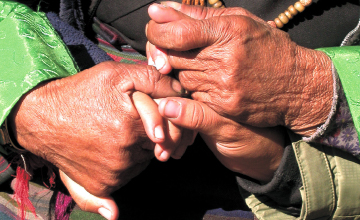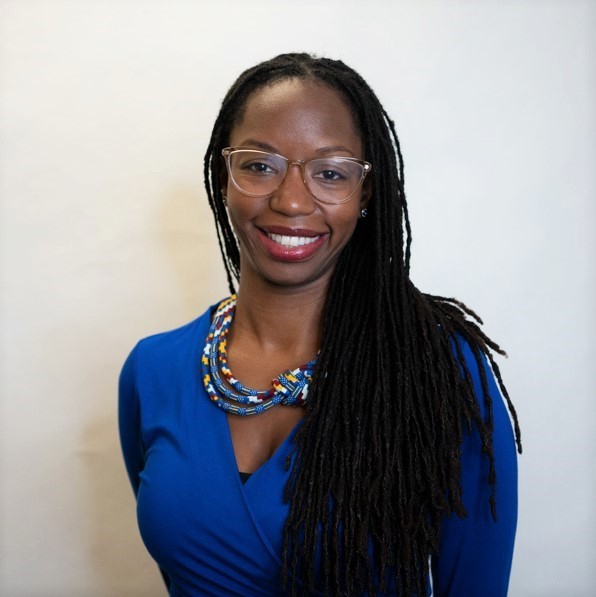SIT symposium to examine issues of identity and human resilience
Publication Date: February 18, 2020
Publication Location: Brattleboro, Vermont
Contact: Kate Casa | [email protected]

BRATTLEBORO, Vermont – Registration is now open for School for International Training’s first annual Critical Global Issues Symposium, May 14-16 in Brattleboro, Vermont. Nearly 50 scholars – both students and faculty from SIT and partner institutions around the world – will present research on a wide range of issues relevant to identity and human resilience.
Click here to register
“Participants can expect to hear cutting-edge research and gain critical insight on how indigenous and marginalized people are exploring what it means to be different and equal in a world complicated by conflict, climate change, economic disparities, and discrimination,” said Dr. Sophia Howlett, president of School for International Training (SIT). “Our goal with this symposium is to advance important dialogue in these areas.”

SIT is proud to welcome urbanist Elizabeth Clay Roy as keynote speaker for the event. Roy has more than 15 years of experience in participatory planning, coalition building, and collaborative policy making. She has led campaigns from the neighborhood to national level, and is now executive director of TakeRoot Justice in New York City. She is also a 2001 alumna of the SIT International Honors Program Cities in the 21st Century, which took her to India, South Africa, and Brazil, and spurred a lifelong connection to work in India.
The symposium is the first in an annual series planned by SIT to address seven critical issues areas. All of SIT’s more than 80 undergraduate and 11 graduate programs are developed around a framework of the most critical global issues (CGIs) of our time — challenges that transcend borders to touch every human on the planet. The other issues are Climate & Environment; Development & Inequality; Education & Social Change; Geopolitics & Power; Global Health & Well-being; and Peace & Justice.
“We have developed this framework so that the next generation of leaders has the expertise and intercultural understanding to engage multiple identities, perspectives, and cultures in respectful, enduring, and meaningful responses,” said Howlett.
Presentations at the May symposium will cover a wide range of topics, among them: music and popular resistance; understanding the gender spectrum in a binary world; reimagining church in post-genocide Rwanda; political Islam in post-revolution Tunisia; protest, voting, and social mobility in South Africa; and indigenous women in resistance to extractivism in the Ecuadorian Amazon.
With a modest registration fee, free transportation options, and low-cost accommodations, SIT hopes to make this important conference accessible to all.
Click here for more information and to register.
